The Minister of Power, Adebayo Adelabu, has said that the World Bank and the African Development Bank have concluded plans to invest $30bn in boosting electricity in Africa.
Of this sum, Adelabu said Nigeria will get about 25 per cent, being $7.5bn.
Adelabu disclosed this during a visit to Splendor Electric Nigeria Limited, a porcelain insulator company located in the Odogbolu area of Ogun State.
According to him, the banks would spend the funds on extending electrification to an additional 300 million Africans in the next five years.
He told the management of the Splendor to get set to partake in the electrification that would soon commence, adding that he was confident that 20 to 25 per cent of the fund would be awarded to Nigeria because of its large population.
“I want to inform you of the proposal or the intention, which is at an advanced stage, by the World Bank and the African Development Bank to spend about $30bn to extend electrification to an additional 300 million Africans within the next five years. And Nigeria is going to participate fully in this. I am confident that nothing less than 20 per cent or 25 per cent of this fund would come into Nigeria because of our population,” the minister disclosed.
Adelabu maintained that the focus of the project would be on the enhancement and upgrade of power infrastructure.
He said efforts were ongoing to revamp the power sector in Nigeria and Africa in general, adding that there would be regional collaboration to save the continent from energy poverty.
Speaking on the Siemens project, he noted that the Presidential Power Initiative involves the construction of thousands of additional lines and tens of new transmission and injection sub-stations.
The Ibadan-born politician mentioned that the pilot stage of the Siemens project is nearing completion, adding that Phase 1 of the project would soon commence.
With a population of over 200 million people, Nigeria still grapples with an epileptic power supply, with millions of citizens still wallowing in darkness.
According to the Nigerian Bureau of Statistics, there are less than 13 million electricity customers in Nigeria.
A report by the International Energy Agency stated that Nigeria’s national power grid collapsed 46 times from 2017 to 2023.
According to the report, Nigerians endured more nationwide blackouts in 2023, especially on September 14 when the grid collapsed due to a fire on a major transmission line. About four more collapses have occurred this year.

 3 months ago
29
3 months ago
29

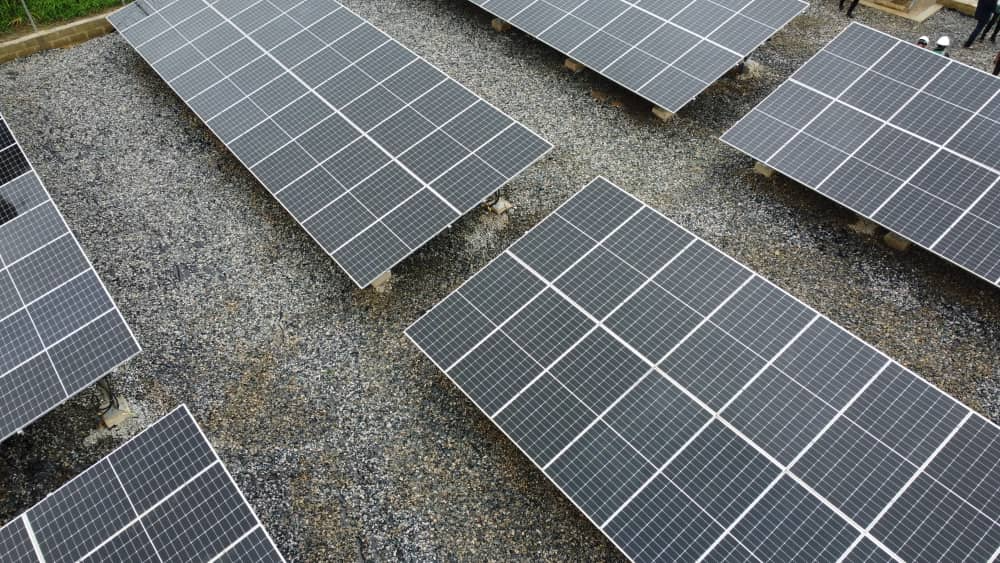

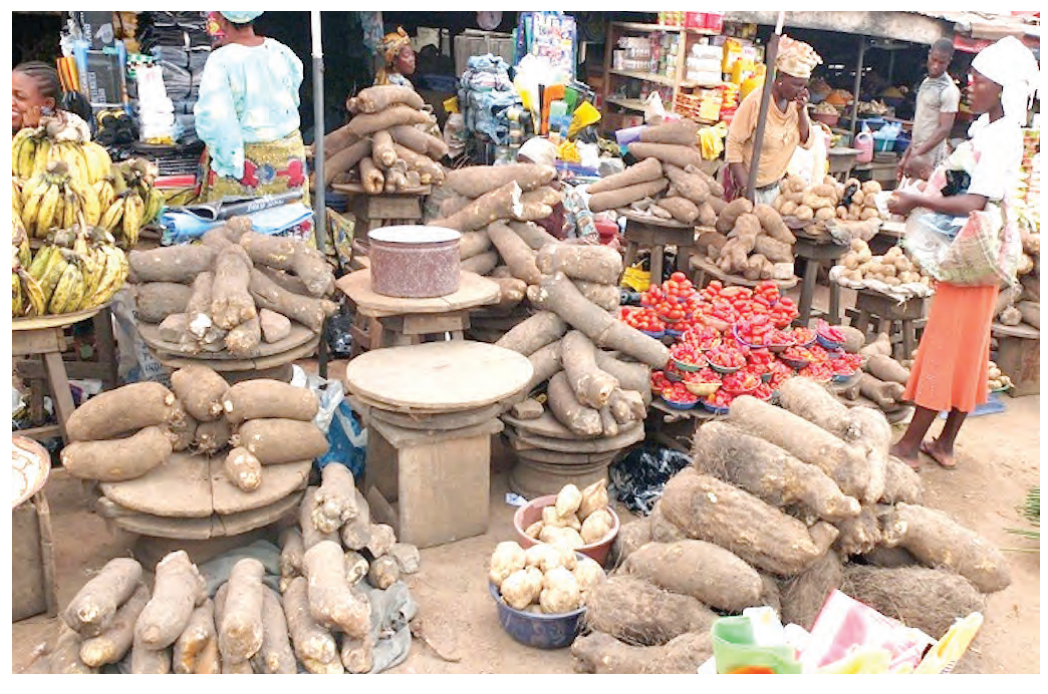







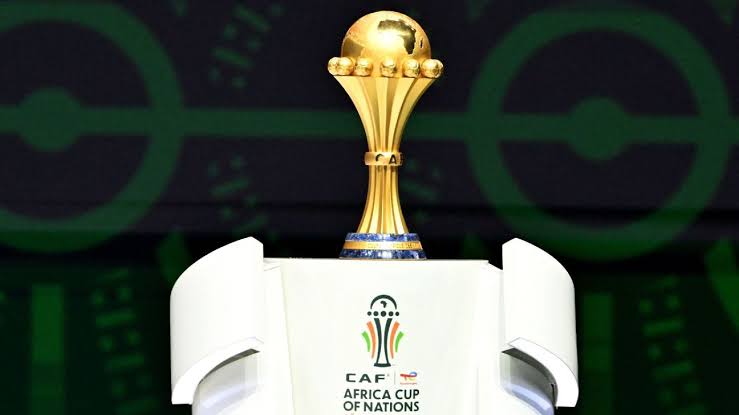
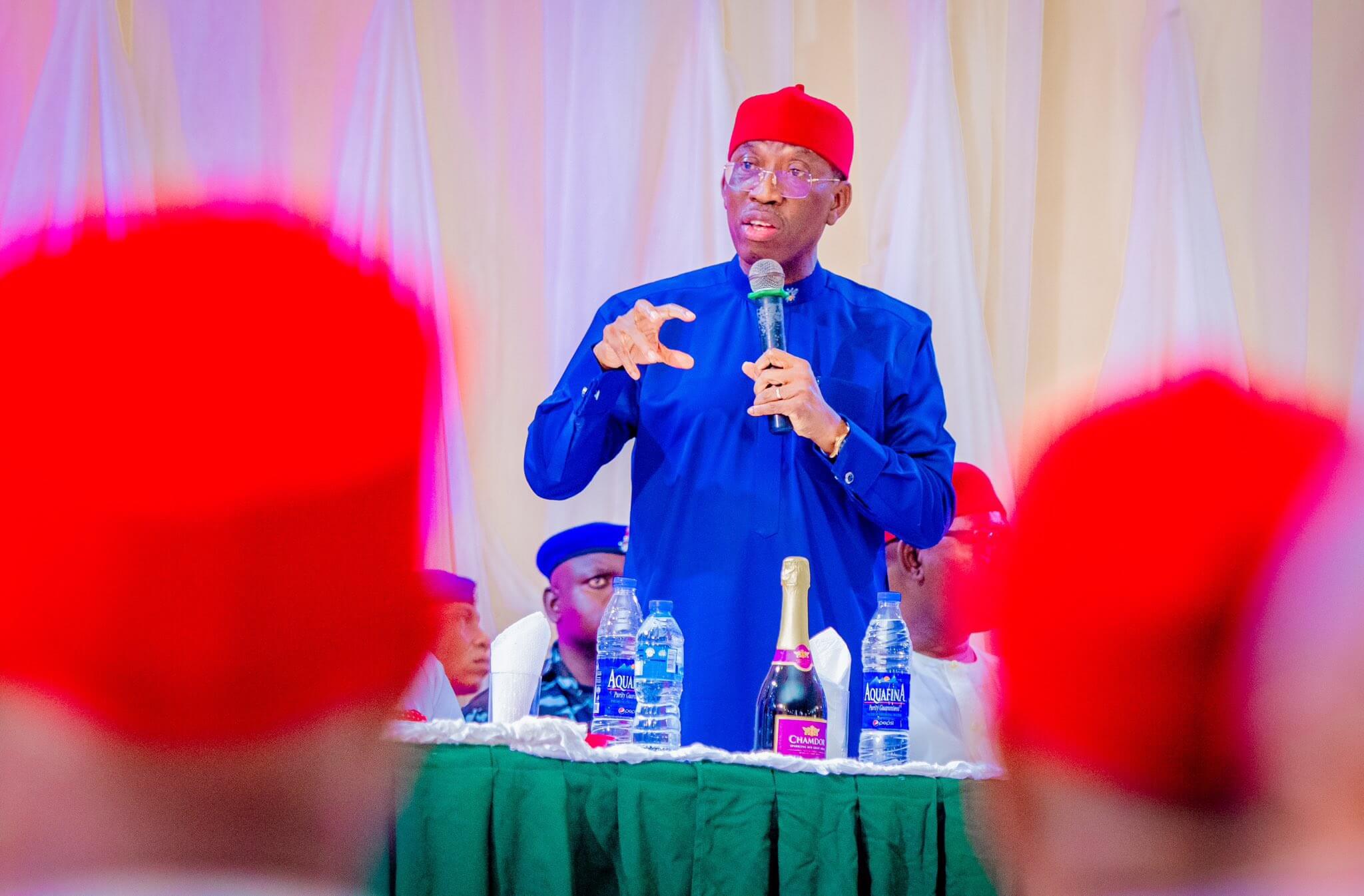
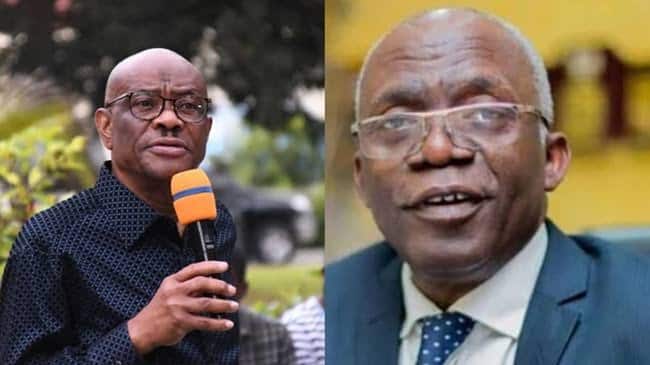
 English (US) ·
English (US) ·